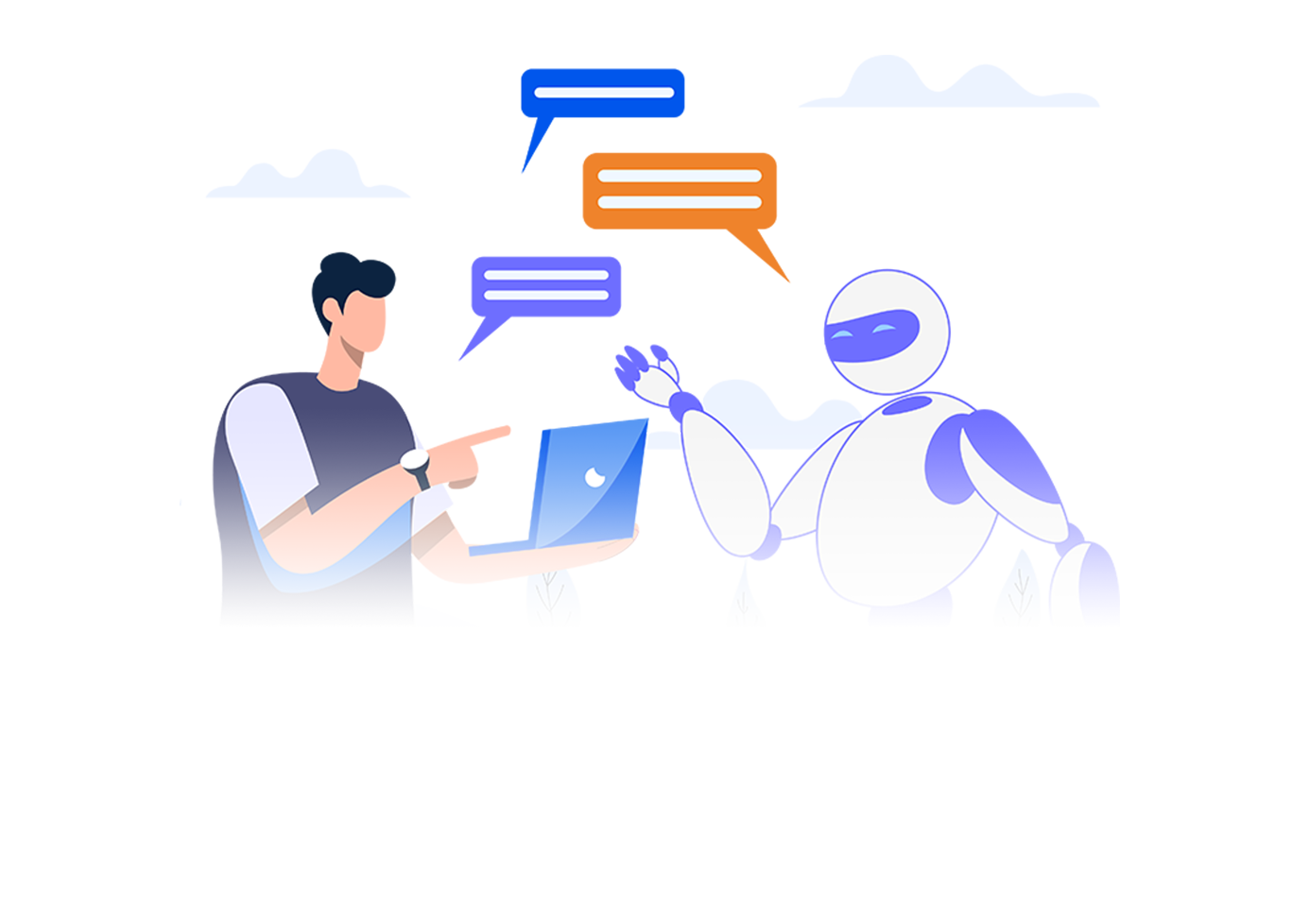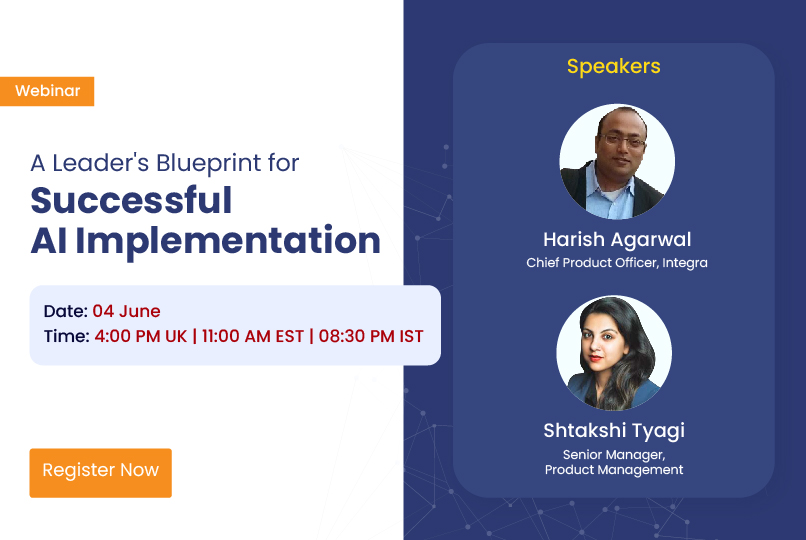Month: March 2024
Advancing Workplace Inclusion and DEI with AI Agents
In the contemporary business environment, Diversity, Equity, and Inclusion (DEI) transcend mere trendy terms to become foundational elements vital for cultivating a successful and dynamic organizational atmosphere. Organizations are increasingly recognizing the importance of fostering an environment that not only respects but also actively celebrates differences. However, ensuring that all internal communications reflect DEI principles can be a challenging endeavor. This is where the role of disruptive technologies like Artificial Intelligence (AI) becomes pivotal. Innovative generative AI agents, offered by AI accelerators like Quixl, designed to check for DEI sensitivity in texts and offer suggestions, represents a significant leap forward. Tailored to align with an organization’s specific DEI policies, AI tools are capable of augmenting how companies communicate internally, ensuring messages are inclusive and respectful across the board.
Understanding DEI in Corporate Communications
Diversity, Equity, and Inclusion (DEI) are critical for creating a workplace that reflects the world’s diversity and ensures every employee feels valued and heard. Diversity is about ensuring representation from different identities and backgrounds, whereas equity is aimed at guaranteeing fairness and equality in both opportunities and treatment. On the other hand, promoting an inclusive environment involves creating a space where each individual is given the chance to thrive. In corporate communications, the challenge often lies in ensuring that these principles are consistently applied, reflecting the organization’s commitment to a diverse and inclusive culture. Missteps in communication can unintentionally alienate or offend, undermining efforts to build a cohesive and supportive workplace.
The Role of Human Resources in DEI Advocacy
Human Resources (HR) and Employee Relations (ER) departments are crucial in integrating Diversity, Equity, and Inclusion (DEI) into the core of corporate culture through the development and execution of policies that foster inclusivity and guarantee fair treatment for all employees. Beyond creating policies, HR’s responsibilities also include educating and guiding staff on DEI issues. This involves conducting sensitivity training and offering resources to promote a more profound understanding of DEI. However, even with the best intentions, ensuring that all communications—from emails to company-wide announcements—adhere to DEI standards can be a daunting task. This underscores the need for innovative solutions that can assist HR in promoting and maintaining DEI sensitivity in all aspects of internal communication.
AI and DEI: A Synergistic Approach for Sensitive Communication
In the quest to maintain a DEI-sensitive environment, corporations are turning to advanced technology for solutions. Application-specific AI agents offered by platforms like, Quixl, stands out as a revolutionary tool, specifically designed to scrutinize text for DEI sensitivity and offer constructive suggestions. Its unique capability lies in its ability to learn and adapt to the specific DEI policies and guidelines of each organization. This means that the agent isn’t a one-size-fits-all solution but a customizable assistant that aligns with an organization’s unique approach to DEI.
The AI agent operates by analyzing the text against a repository of DEI guidelines fed into its system. It evaluates the language and terminology used, identifying phrases or words that might be insensitive or not inclusive. The agent then suggests alternatives that better align with DEI principles, thereby assisting in crafting communications that resonate with all employees, regardless of their background. These AI agents can be used for reviewing all type of content:
- internal communications, such as emails, memos, and newsletters
- policy documents
- employee handbooks
- appointment letters
- training content
- and, several others
Advantages of Using an AI Agent for DEI Sensitivity Analysis
The integration of an AI agent into the corporate communication workflow brings several benefits, particularly in enhancing DEI sensitivity:
- Customization to Company-Specific DEI Policies
Unlike generic DEI tools, an AI agent is highly customizable, allowing it to become deeply familiar with an organization’s specific DEI guidelines. This means it can offer more relevant and effective suggestions, ensuring communications are not only sensitive but also authentically reflect the company’s values and commitment to DEI. - Improving Inclusivity in Communications
By providing tailored suggestions for more inclusive language, AI agents helps eliminate biases and promotes a culture of respect and understanding. This leads to an improvement in the overall inclusivity of internal communications, making every employee feel seen, respected, and valued.
Streamlining AI Integration for DEI Enhancement
Adopting AI agents involves several key steps to ensure seamless integration into existing communication workflows:
- Customization: Organizations can directly update or work with the AI solutions provider to tailor the agent to the organization’s DEI policies and guidelines.
- Integration: Implementing the AI agent within the existing digital communication platforms to analyze and suggest improvements in real-time.
- Training and Adoption: Educating employees about the AI agent’s role and benefits, encouraging its use to enhance DEI sensitivity in their communications.
Towards a More Inclusive Future: Embracing AI for DEI
The journey toward achieving a truly inclusive workplace is ongoing and multifaceted. With the emergence of generative AI-based AI agents, companies are better equipped to ensure their internal communications reflect their commitment to diversity, equity, and inclusion. By embracing these innovative tools, organizations can take significant strides in fostering a culture where every employee feels valued and included. We encourage companies to consider the adoption of AI solutions offered by platforms like Quixl to enhance DEI sensitivity in communications, paving the way for more inclusive corporate environments.


